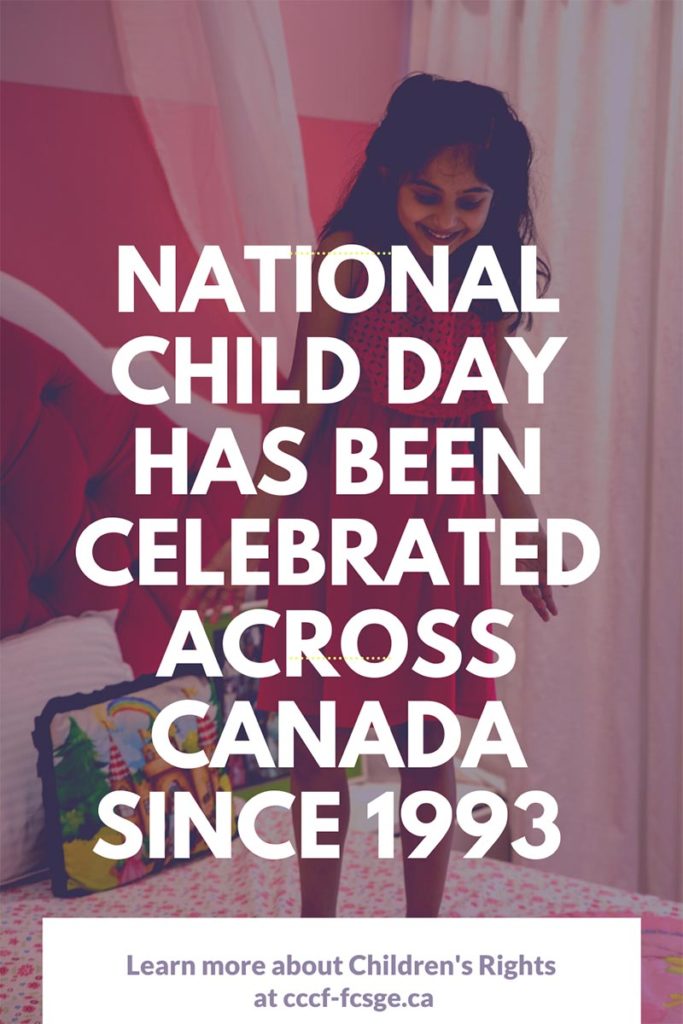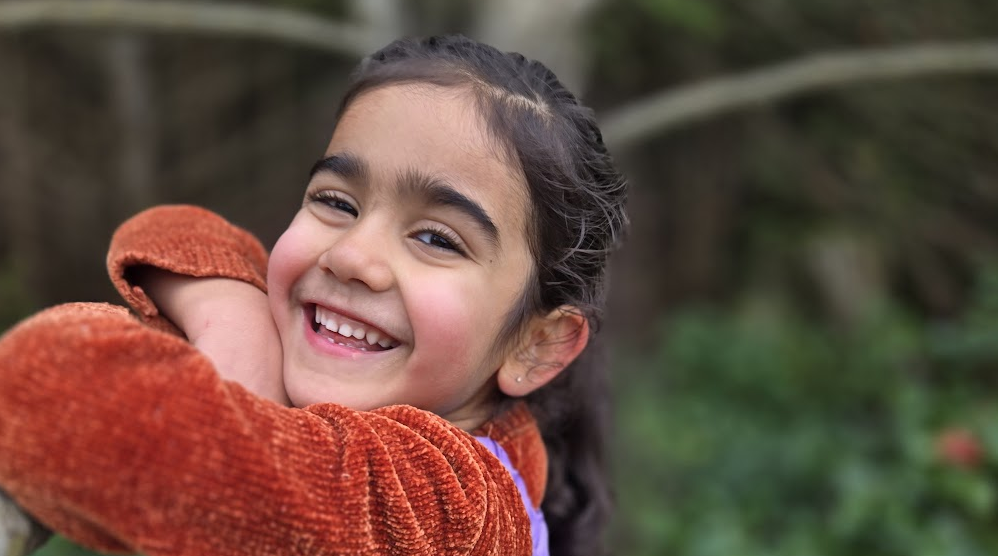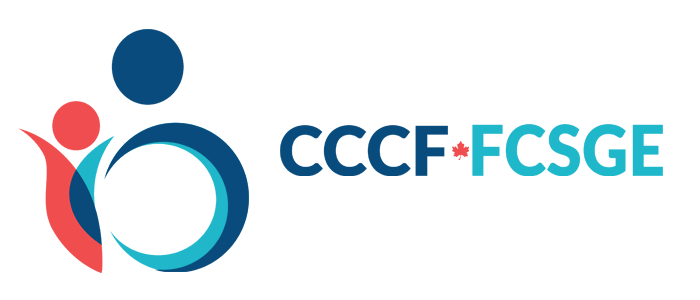November 20 is a day recognized in Canada as National Child Day and around the world as World Children’s Day. It marks the date in 1989 when children’s human rights were recognized with the Convention on the Rights of the Child.
About the convention in Canada
National Child Day has been celebrated across Canada since 1993 to commemorate the United Nations’ adoption of two documents centered on children’s rights: the United Nations Declaration of the Rights of the Child on November 20, 1959, and the United Nations Convention on the Rights of the Child on November 20, 1989.
Discover our children’s rights topics

Canada ratified the Convention on 13 December 1991. Since then, a number of laws, policies and practices affecting children have advanced children’s rights to protection, development and participation in decisions affecting their lives. In fact, the Convention has inspired a process of social change in all regions of the world, by reframing children’s basic needs as rights that must be protected and provided for rather than as optional, charitable acts.
The Convention makes clear the idea that a basic quality of life should be the right of all children, rather than a privilege enjoyed by a few. Because Canada’s governments, schools and other institutions have progressively changed a number of laws, policies and practices to uphold children’s rights, children are protected in law from military deployment to armed conflicts, children who are in government care have advocates to help when there is no other adult that can, and more students are engaged and succeeding in schools where their views are sought and respected.
It’s a day to remember that children need love and respect to grow to their full potential. It’s a day to marvel at their uniqueness and all they have to offer. It’s a day to celebrate the family and think about how adults affect the development of children close to them.
To increase awareness about the UN Convention on the Rights of the Child, the Canadian Child Care Federation selects a right to shine a light on for National Child Day. This year we’ve selected:
Article 42

In Early Learning and Child Care environments, you can honour this article by informing yourself about the Convention and introduce it to the children and the families that you work with. This includes using child-friendly materials, incorporating rights into your programming, building awareness about the Convention, and engaging in professional development about implementing the Convention in early years environments. The goal is to ensure that everyone is aware of children’s rights so they can be protected and respected.
For additional ideas about how to celebrate National Child Day visit our website https://cccf-fcsge.ca/ece-resources/topics/childrens-rights/celebrate-national-child-day-november-20th/












